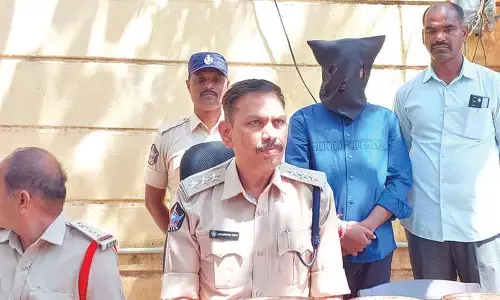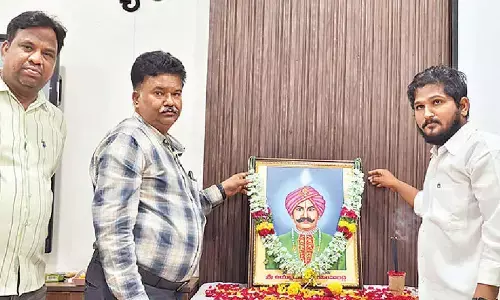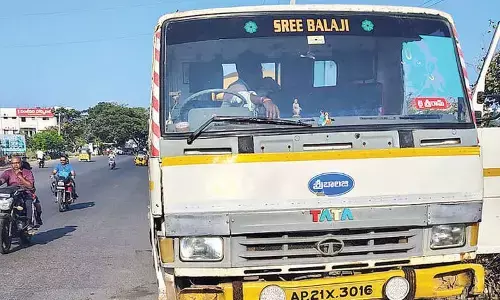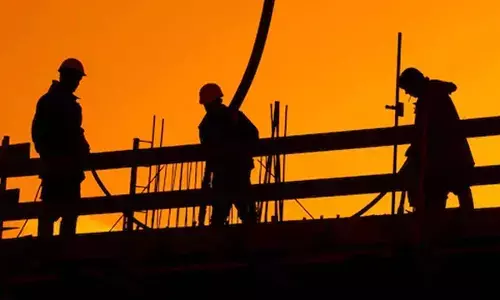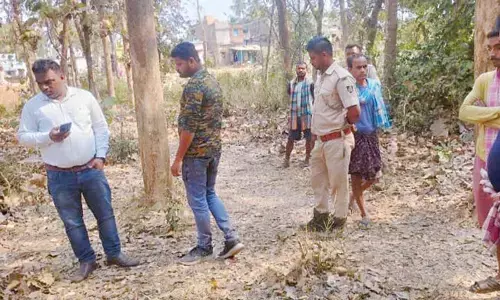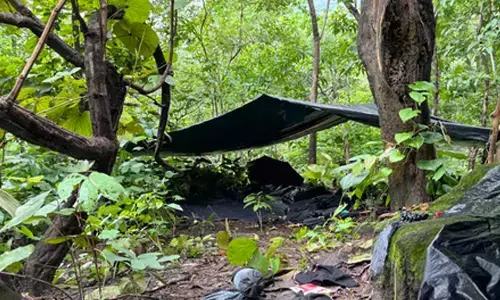Maritime clusters to boost trade relations with Europe
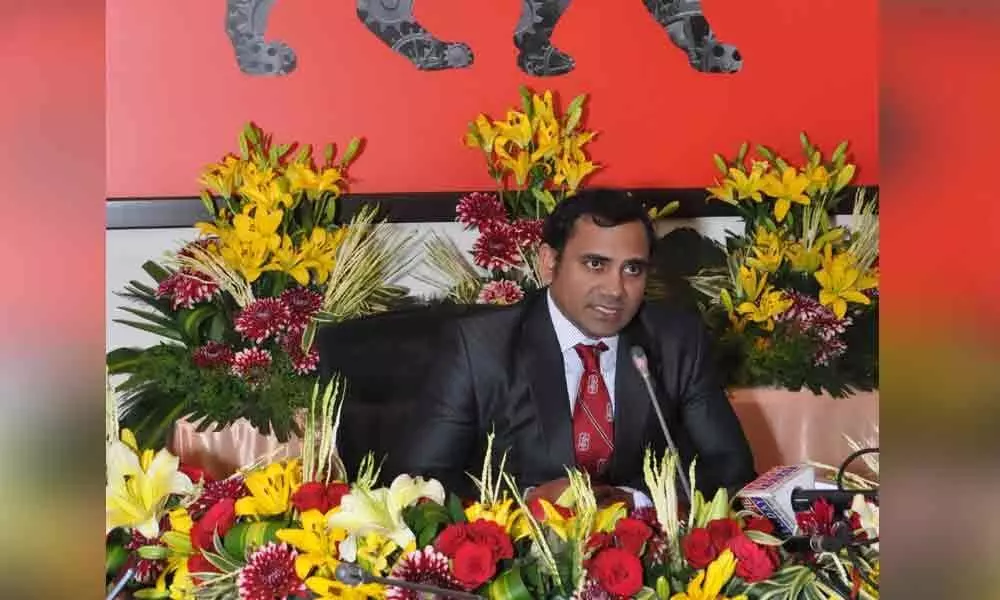 Dr Gedela Srinubabu
Dr Gedela SrinubabuDr Gedela Srinubabu is representing as Indian trade ambassador to Europe to expand business relations.
Srikakulam: Dr Gedela Srinubabu is representing as Indian trade ambassador to Europe to expand business relations. Indian government is establishing two National Maritime clusters in Gujarat and Tamil Nadu and third National Maritime cluster should be established in Andhra Pradesh to create 1 million jobs and to increase the cargo handling to 50 crore tonnes from Andhra ports.
Europe and India not only have similar business concerns but can also see the direct trade relations in the extended neighbourhoods in Eurasia and the Indian Ocean. These are opening new avenues trade and commerce cooperation between Europe and India, making their business partnership strategic too.
This relation dates to medieval history. Both India and Greece are culturally rich and birth places of refined civilisations. The world's largest democracy and sub-continent India's relations with the culturally diversified second tiniest continent Europe will be mutually beneficial.
Both share friendly bondage and India is the gateway for Europe to Asia. Europe has Arctic Ocean on the north, Atlantic in the west, rich meditarian in the south and cauracas mountains in Black Sea in the southeast, the deepest Caspian Sea in the east.
India not only has the highest human resources in the world but contains 7,000 km seacoast which are the greatest assets for the mother India, and it not only shares international land borders with seven sovereign countries but also surrounded by great seas like Indian Ocean (south), Arabian sea (west) and Bay of Bengal (east). These seas hold great friendly bondage with Europe.
These 7,000 seacoasts will increase the trade and commerce between India and Europe. India's 95 per cent of international trade depends on seas. India is the third largest importer of crude oil. We import LNG and LPG from Greece.
As far as business through sea, we are in the first place. Our longest seacoast is the boon for India. 50 per cent of the ships on the planet, travel from Alang port of Gujarat. It is the world's biggest ship breaking yard. It's an instance of India's progress in sea business. We have myriad business opportunities with Greece.
Andhra has the second longest seacoast in India with 974 kms only next to Gujarat. It occupies 12 per cent of coastal area of India. Andhra has the privilege of having one major port and 14 mother ports and 6 public and private partnership ports which are important for trade and commerce. Second highest sea trade and goods transport from Andhra Pradesh is with 10 per cent CAGR. AP recorded 15 crore MTs of goods transported in 2018 and expected to reach 16.5 crore MTs by 2020.
Greece too has similar conditions which can be developed into conducive relations between Greece and AP. AP has the second longest coastline of 974 km in the eastern peninsular India, which accounts for 12 per cent of the country's total coastline with one major (operational) and 14 non–major (5 operational) ports, with six ports under development in the Public-Private Partnership Mode.
AP is the second largest in India after Gujarat in maritime cargo handling. In 2018, total cargo handled by AP ports are 15 crore MTs and expected to handle 16.5 crore MTs by 2020 @ 10 per cent CAGR.
I hope Europe is the right partner to AP to develop shipyards and establish shipping companies across the coastal line. In Europe, Greece is a maritime nation by tradition with its one crore population, as shipping is arguably the oldest form of occupation of Greeks and has been a key element of Greek economic activity since ancient times and Greece annual shipping business 25$ billion, is approximately equal to AP annual budget.
AP government has dictated a host of initiatives aimed at developing and sustaining the growth of seashore business. 100 per cent of FDI allowed in coastline business as part of the governments push to enhance investment in the sector, a host of business-friendly policies have been introduced.
The 'Make in India' initiative offers tremendous opportunities in maritime sector, particularly in the shipbuilding and ship repair industry. The government's shipbuilding policy provides a boost by encouraging Indian shipyards to bag foreign orders in a more aggressive manner and meet the requirements of Indian ship-owners.
A cost-effective and skilled manpower base established steel industry, technology know-how and an increased demand in domestic shipbuilding could enhance India's global shipbuilding share from one per cent to five per cent by 2020.
At present GoI has identified two major maritime clusters in Tamil Nadu and Gujarat like global success stories in Japan and South Korea. Similarly, in AP maritime cluster also should be developed by Indian government to boost AP economy.
These clusters will focus on developing various components of maritime cluster like shipbuilding and ancillary services, maritime services, promoting maritime tourism and marine products.
Given the manufacturing strength, size of the ports and synergies with other steel ancillaries, both the identified locations for maritime clusters can attract business and improve the overall economics for the cluster participants. If third national maritime cluster is established in AP, there is an opportunity to create additional one million jobs and can increase the cargo handling capacity to 50 crore MTs by 2025.


